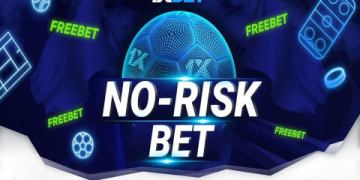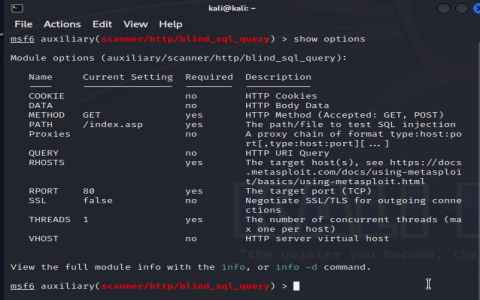Alright, let’s talk about this “magic money PC” thing. I don’t know much about computers, you know, just enough to check the weather and see pictures of my grandkids. But even I can tell when something smells fishy. And this “magic money” stuff? Sounds fishy to me.
What is this “Magic Money PC” Anyway?
From what I gather, it’s supposed to be some kind of computer or program that makes you money, right? Like magic! They probably tell you you don’t gotta do nothin’, just sit back and watch the money roll in. Hmph, if it sounds too good to be true, it probably is. That’s what my old man always said, and he was a smart fella, even if he couldn’t tell a computer from a toaster.

Red Flags and How to Spot ‘Em
Now, these folks tryin’ to sell you this “magic money PC,” they’re gonna be slick. But even slick folks leave clues. You gotta be lookin’ for ‘em.
- Fake Websites: They might have a fancy website, but look close. Is the name weird? Like, instead of “*” it’s “*” or somethin’. That’s a big red flag right there. My nephew got tricked once, he was real mad.
- Strange Emails: If you get emails from people you don’t know, especially if they’re promisin’ you big money, delete ‘em. Don’t even open ‘em. It’s like those letters you get in the mail, sayin’ you won a lottery you never even entered. Garbage, all of it.
- Too Good to be True Prices: If they’re sellin’ somethin’ way cheaper than it should be, that’s another bad sign. Like, if a new car costs ten thousand dollars, and they’re sellin’ it for one thousand, you know somethin’ ain’t right. Same goes for this “magic money PC.”
Protecting Yourself Online
Now, I ain’t no computer expert, but I know common sense. And common sense says you gotta be careful online. It’s like walkin’ down a dark alley at night – you gotta keep your eyes open and your wits about you.
Checking if a Website is Safe:
Look at that website name real careful, like I said before. And see if there’s a little lock symbol up in the corner of your screen, next to the website address. That means it’s secure, or so they say. Still, don’t trust it too much. Best thing to do is stick to websites you know and trust, like the ones your grandkids use. They are smart kids.
Tech Support Scams:
Sometimes these scammers will call you up, pretending to be from Microsoft or some other big company. They’ll say your computer has a virus and they need to fix it. Don’t let ‘em! They’ll just try to get your personal information or trick you into giving them money. If you think there’s a problem with your computer, take it to a local shop you trust. That’s what I do.
What to Do If You Think You’ve Been Scammed:
If you think you’ve been scammed, don’t be ashamed. It happens to the best of us. The important thing is to do somethin’ about it. Tell your bank, tell the police, tell your grandkids – tell anyone who might be able to help. And don’t give these scammers any more money, no matter what they say.
Final Thoughts
Look, this “magic money PC” thing… it just don’t sound right. Making money takes hard work, always has, always will. There ain’t no magic shortcut. So, be careful out there, folks. Don’t let these slick talkers take your hard-earned money. Use your common sense, and if somethin’ feels wrong, it probably is.
Remember, if it sounds too good to be true, it probably is. That’s the best advice I can give you. Stay safe and keep your money safe too.
Tags: [Magic Money PC, Online Scams, Fake Websites, Tech Support Scams, Protect Yourself Online, Internet Safety, Computer Security, Financial Security, Common Sense, Scam Prevention]

























